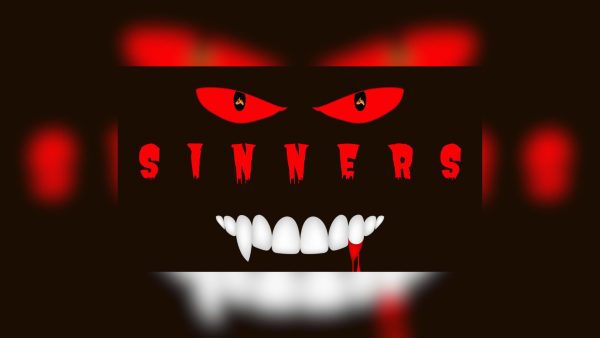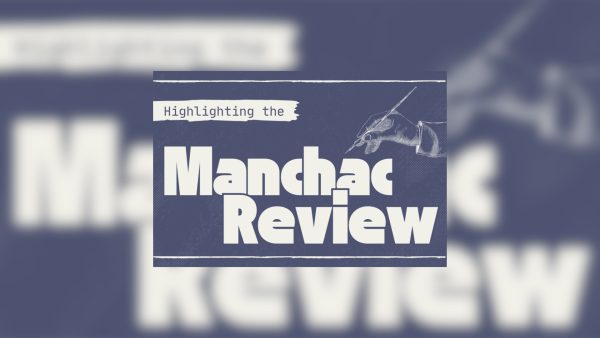The Louisiana Puchase: a concern between America and France
Coming 200 years after a foreign contingency plan had fallen through, United States President Thomas Jefferson would acquire a massive swath of land, including the trading port of the Mississippi River and the drive for westward expansion in the USA.
The Louisiana Purchase was a deal from France led by Napoleon Bonaparte to the U.S., giving approximately 827,000 square miles to the U.S. for $15 million. This deal would double the size of the nation and become the driving force for the idea of Manifest Destiny.
Dr. Keith Finley, assistant professor of history, explained what set the chains in motion for the decision by Napoleon.
“Napoleon had just received the Louisiana Territory after secretly signing the Treaty of San Ildefonso in 1800,” explained Finley. “The move to gain the territory was a stepping stone for Napoleon’s plans.”
The Territory of Louisiana was founded by the French in 1718, who later lost the territory to the Spanish in the outcome of the French & Indian War. From 1763 until 1800, the Spanish controlled the territory and ruled New Orleans
Finley shared that Louisiana was not the main goal of Napoleon’s efforts for the French Empire in his plans.
“Napoleon’s focus was not Louisiana, but Santo-Domingue,” Finley stated. “He wanted to use the territory as a trading port with the major goal towards regaining control of their colony of Santo-Domingue for Napoleon’s dream.”
Finley also added that the push by Napoleon in claiming the territory and going after the Spanish island perked the focus of a new partner on the world stage.
“With the news of the French reclaiming the Louisiana Territory, it gave some concern for President Jefferson,” explained Finley. “The addition of the territory, as well as going for Haiti, put the U.S. into wondering if they should be concerned of an expanding French power near the mainland United States.”
The U.S., under Thomas Jefferson, looked to take up the land from France through negotiations. Unbeknownst to the U.S. until negotiations with France began, Napoleon decided that the territory was not worth it, thanks to the Haitian Revolution.
“Once Napoleon lost Santo-Dominigue to Haiti, the territory lost all value to the French,” Finley stated. “It was nothing more than timber and swampland, and Napoleon looked to rid himself of the territory.”
Finley explained that once the U.S. appeared interested in the territory, Napolean agreed to sell the land to Jefferson for $15 million.
“Napoleon could use the money for his focus back on France,” Finley explained. “He saw the opportunity to sell the land and use the money to start back up a war in Europe for his dream.”
Jefferson would gain land that would double the size of the nation, but would face some political scorn for what he considered to be an unconstitutional move, concerned that the purchase and effort by his administration would negatively impact the U.S. and France.
However, Finley explained that the U.S. would instead find a more prophetic path, benefiting from the negotiation in the long term.
“In terms of land and the later discovery of oil, it is hard to deny that the U.S. gained the better hand of the deal,” stated . “The purchase itself would rapidly move the United States to the west over time and bring out the belief of Manifest Destiny to the people.”
Your donation will support The Lion's Roar student journalists at Southeastern Louisiana University.
In addition, your contribution will allow us to cover our annual website hosting costs.
No gift is too small.

Andrew Jordan is a Communications Major from Covington (originally from New Orleans). Jordan has been working as a staff reporter for The Lion's Roar since...





